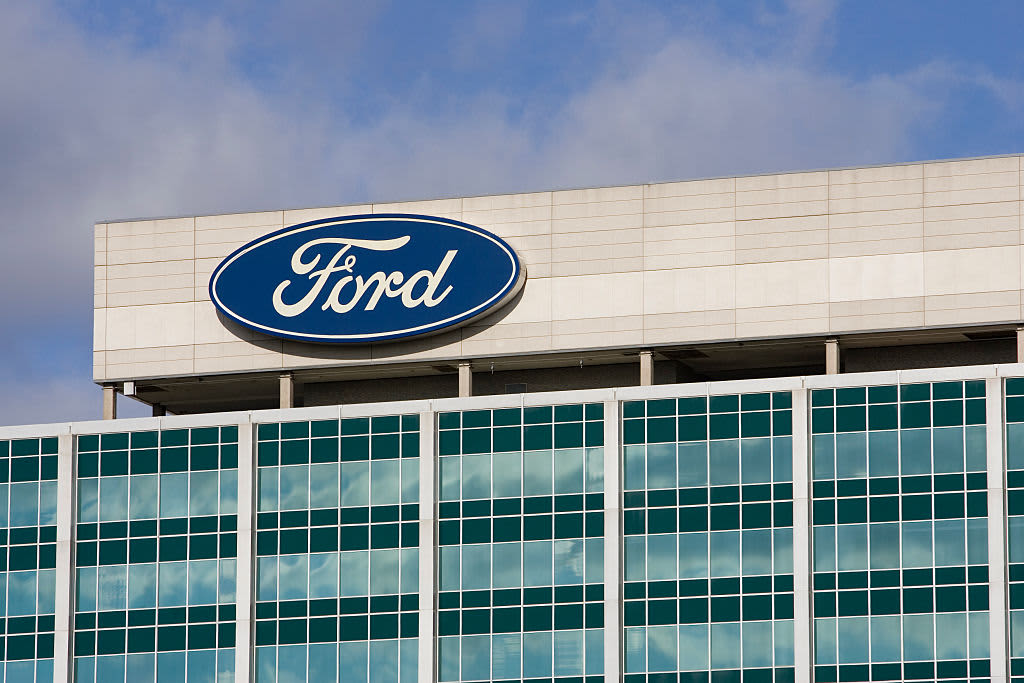DETROIT – The majority of Ford Motor’s approximately 86,000 global employees who have not yet returned to work are expected to do so this summer through a new hybrid work scheme that gives employees more flexibility when reporting to the office .
The automaker informed the team of its plans on Wednesday morning, a year after many of the company’s non-manufacturing employees started working remotely to help slow the spread of Covid-19.
The biggest return to work is not expected before July, according to Kiersten Robinson, Ford’s chief of staff and director of employee experiences. She said that how much an employee will be able to work remotely will be based on their job responsibilities, as well as discussions with managers.
“The nature of the work we do will really be a guiding element,” Robinson told CNBC. “If there is one thing we have learned in the past 12 months, it is that many of our assumptions about work and the needs of employees have changed.”
About 40% of employers who switched to remote work at the start of the coronavirus pandemic are planning to have workers return to the office later this month, according to a recent report by the Conference Board. Most can make it voluntary for some and mandatory for others, the think tank found – or adopt some sort of flexible weekly schedule like Ford’s.
About 100,000 of Ford’s 186,000 employees, primarily in manufacturing, have already returned to work. Working hours are not expected to change much, if any, for workers who need to be in a particular facility to perform their duties.
Ford’s biggest rival across the city, General Motors, hopes to start bringing remote workers back in June or July, according to company spokesman David Caldwell. The company did not announce a plan for employees, but Caldwell said it “is likely to be more flexible” based on each person’s responsibilities.
Vaccines
Ford’s decision follows several rounds of employee surveys last year about returning to work, according to Robinson. The questions included preferences about remote work and whether employees planned to be vaccinated.
“We have been working hard on mining the lessons learned in the past 12 months and the impact on how we think about the evolution of work at Ford,” she said. She said the automaker surveys its employees almost every week.
Most Ford employees are expected to be vaccinated, said Robinson. The company is not demanding this, but it is providing information and resources to those who have not yet decided.
Office removals
The company hopes to continue to require employees to wear masks and practice social detachment at least until the end of this year, said Robinson.
These practices, as well as flexibility regarding where and when employees can work, are not rigid, she said. Instead, she said the company will continue to learn and adapt to employees’ wishes, as well as what health officials recommend.
“We are not calling this the ‘future of work’, we are intentionally calling it ‘evolution’ because we will continue to learn as we go along and use these learnings to adapt our practices and policies around flexible work, as well as in other areas” said Robinson.
Once employees return to work, Robinson said, the experience for many will be different. Instead of going to work “somewhat without thinking” daily, it will be based on events such as meetings, presentations or projects that require more collaboration than others.
Ford offered alternative work schedules, such as 10-hour days four times a week, instead of the traditional five-day work week, but Robinson said the acceptance rate for such programs is low. It is one of many things the company will monitor in relation to its new plans, she said.
